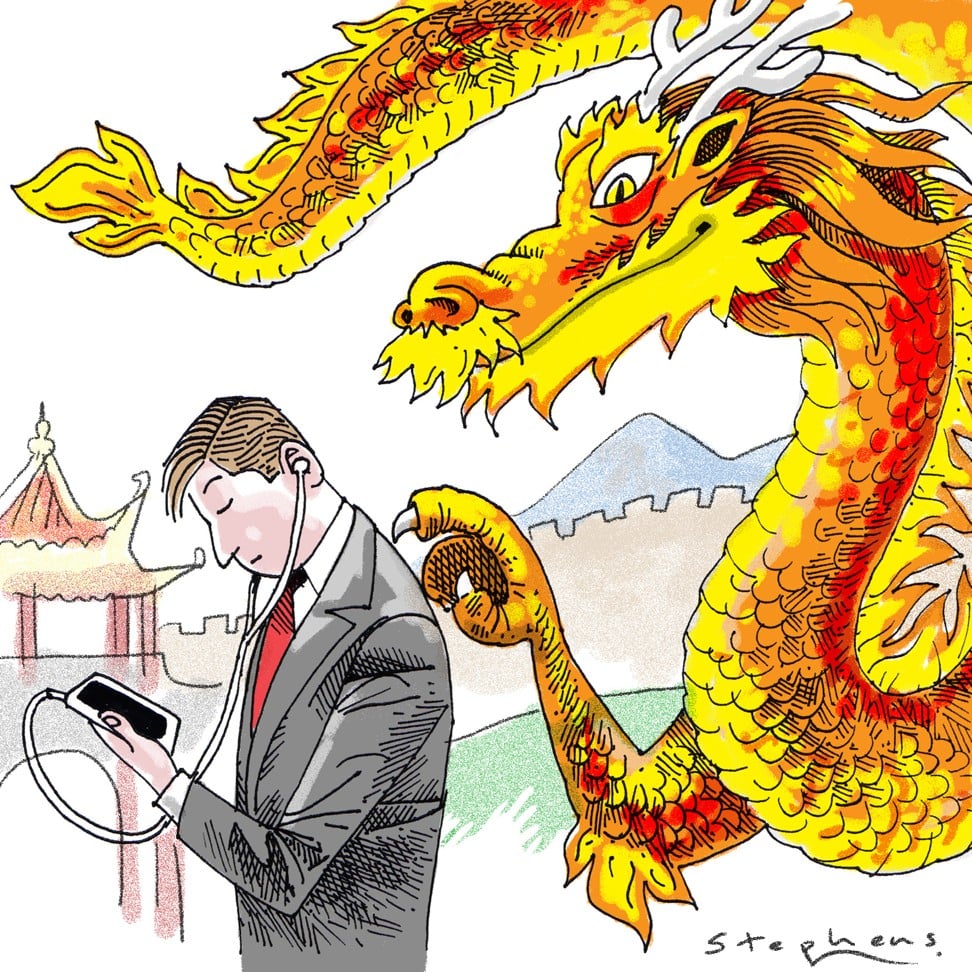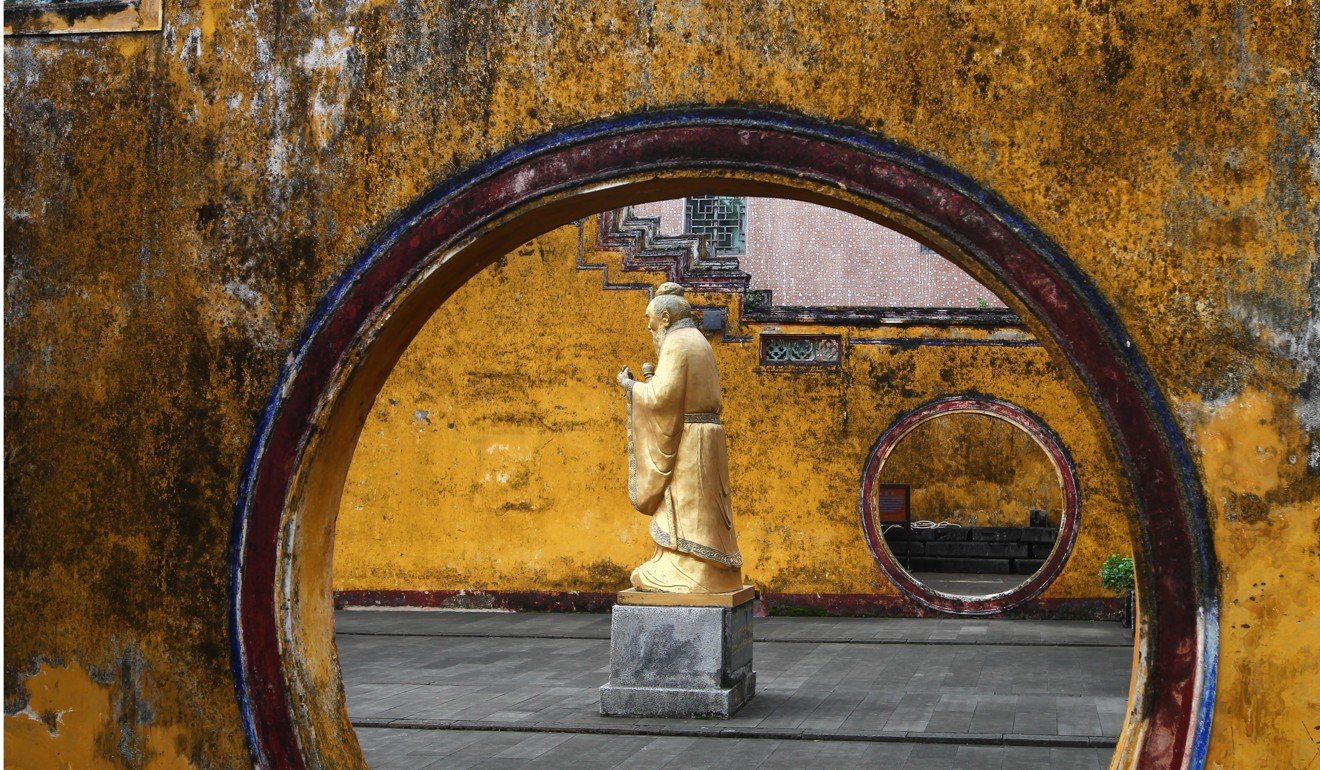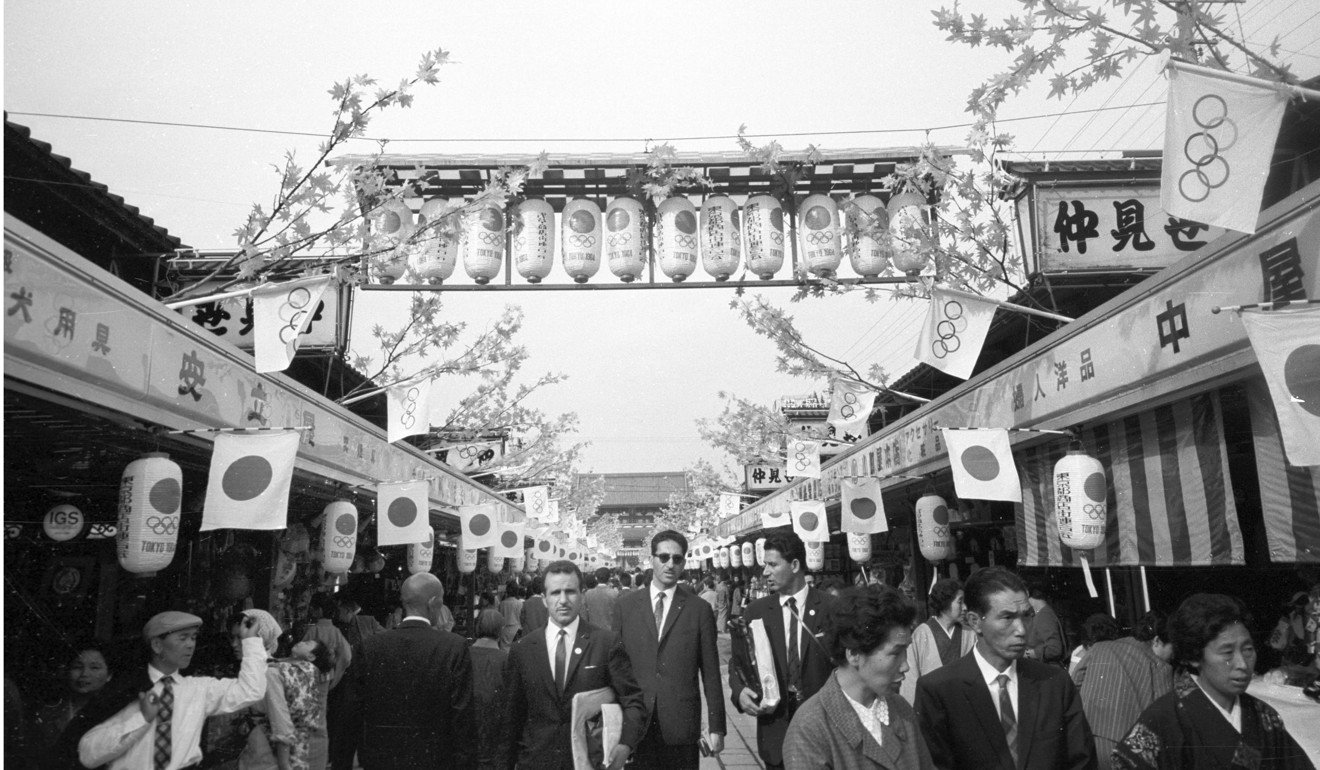
Why the world has to study Chinese history, and how China views history
Jean-Pierre Lehmann says the country’s centrality in our 21st-century world makes it imperative that outsiders understand what is shaping its views and decisions, and Hong Kong could do more to facilitate such learning


In that context, it is dispiriting and indeed alarming to see how ignorant the West is about China and, from what I can see, intends to remain so. Here are a few random anecdotes to illustrate.
I fly half-a-dozen or more times a year between Europe and China. I invariably fly business class and invariably the majority of the passengers are white male middle-aged executives. Also invariably, the majority of these white middle-aged globetrotting executives, when not sleeping, are watching asinine videos or escapist films rather than reading books on Chinese philosophy, Confucianism, Chinese history, Chinese literature or indeed even the Chinese economy and business.
The harmful effects of this video addiction and apparent allergy to knowledge are visible. In my executive education courses, I often start with a “literacy” test, posing pretty basic questions about China. The results are invariably poor. And, as I say, it’s pretty basic stuff.

On a recent occasion, two British executives who go to China admitted they had never heard, or only dimly heard, of the Opium wars. At a preparatory session in January for about 100 executives who were going to China, many for the first time, on an “education” trip, I focused on the question: in order to know where China is going to, where has it come from? So we looked at Confucianism, including the impact it had on European enlightenment philosophers, such as Immanuel Kant; China’s traditional view of its place in the world; the voyages of Zheng He and their significance; and so on down to contemporary issues – for example, the position of Taiwan. As this was a four-hour session, it was impossible to go into depth on any of these issues, but in the course of the presentation, I gave references to a lot of books for further reading, including Chinese novels.
It went down like a lead balloon. They complained that I did not focus enough on “contemporary relevant stuff”. One wrote, “Why did he give us all these books when he knows 90 per cent of us will never read them?”

When I gave the presentation, I had not yet read Howard French’s outstanding book, Everything Under the Heavens: How the Past Helps Shape China’s Push for Global Power. French makes the important point that, in the current era, not only must we be knowledgeable about Chinese history, but also how Chinese view history. For the past two centuries, the Western view of history has dominated. A view is, by definition, biased and selective. As we are into an era in which China looms large, it is important to heed French’s point.
In my MBA classes that combine Chinese and Western students, I often find that the Chinese are more likely to have heard of the Monroe Doctrine than my Western students are. Why is that? Ostensibly, the Monroe Doctrine had nothing to do with China. A book I also recommend (to the 10 per cent who are interested) is Geoff Dyer’s The Contest of the Century: The New Era of Competition with China, which addresses the question.
This is not, I hasten to add, to determine who has the “right” or “wrong” view of history, but it is critical for proper discourse to know what these views are.

In the mid-1960s, footloose and fancy-free, I was kicking around East Asia. This corresponded – the Tokyo Olympics took place in 1964 – to what became known as the post-war Japanese economic miracle. I became intrigued by the question of why Japan was the only non-Western country to have successfully modernised and industrialised in the 19th century. So I went to Oxford and wrote my doctoral thesis on the transformations of Meiji Japan (1868-1912), from which I also published a book titled The Roots of Modern Japan.
Japan’s Meiji narrative is truly remarkable and remains relevant to this day
Japan had been a closed country for two centuries. When the Western menace began appearing off Japan’s shores in the mid-19th century, the policies of the xenophobes were to “expel the barbarians”, while the progressives argued that, on the contrary, if only for the sake of survival, Japan should open up and learn from the West as an indispensable means for strengthening the country. From 1871-73, one of history’s most impressive international learning expeditions occurred, in what was known as the Iwakura mission, after the name of the leader of the expedition, Iwakura Tomomi.
Japan’s Meiji narrative is truly remarkable and remains highly relevant to this date. It is a vivid illustration of the quote attributed to Charles Darwin that “it is not the strongest species that survive, nor the most intelligent, but the ones most responsive to change”. In the process of learning from the West, in order to become strong militarily and economically, culturally Japan was also greatly enriched with, for example, the emergence of painters such as Kuroda Seiki and novelists such as Natsume Sôseki. (Japan’s contemporary woes can be partly attributed to society having abandoned the “spirit of Meiji” and become inward-looking.)

So, having a deeper understanding of China will have material benefits. A study by theBrookings Institution estimates that 88 per cent of the next billion middle-class people are likely to be in the Asia-Pacific region. Learning about Chinese philosophy, history, music, painting, calligraphy and literature will bring culturally enriching rewards.
Hong Kong, it seems to me, could do far more in acting as a global hub of Chinese culture.
Of course, I am by no means suggesting that one should learn about China at the exclusion of other societies. Learning about India and how Indians see the world, ditto about Indonesians, Vietnamese, the Arabs, the Nigerians, the Peruvians, and so on, are all enriching and fascinating. But China stands out as an absolute global strategic and educational priority.
Jean-Pierre Lehmann is emeritus professor at IMD, founder of The Evian Group, and visiting professor at the University of Hong Kong